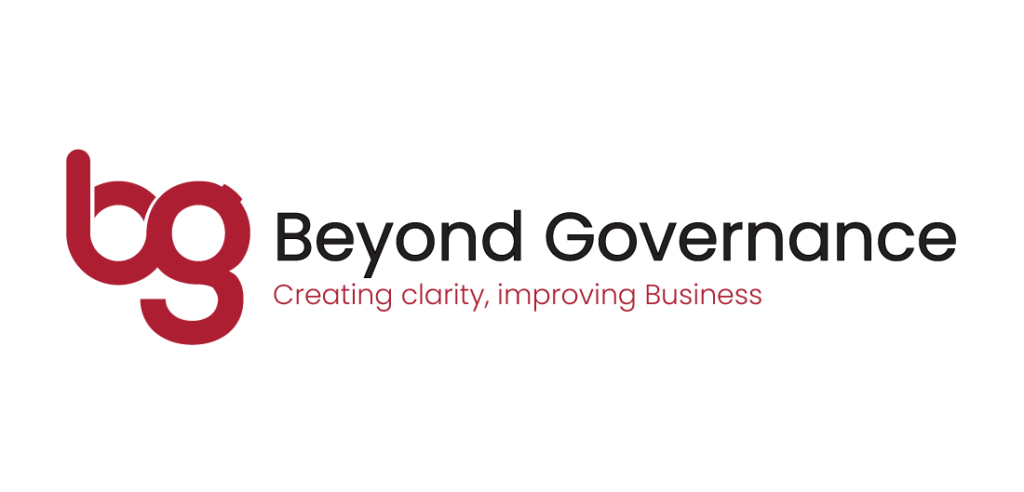Corporate Governance is firmly established in the corporate world, indeed, for many companies it is mandatory. All companies use some form of governance to support their decision-making processes. If legal compliance is the “what” then governance can be seen as the “how”.
However, the world of sport has been slower to adopt governance best practice which is odd in light of the risks and often huge sums of money involved. Perhaps there is a sense of suspicion about anything seen as “corporate” in sporting circles but that shouldn’t be the case, particularly as both worlds have so much in common.
Good governance is there to both support and protect the decision makers and in sport, the custodians of a club or organisation that has sometimes been around for over 100 years. It’s up to these decision makers to protect the integrity of their sport or enterprise. As we saw with the outrage that greeted the proposed football European Super League in Europe, clubs are more than just a badge. People care passionately for all sorts of reasons. With any organisation, those charged with decision making should consider the views of the principal stakeholders whom they are responsible for together with society as a whole.
It’s clear that sport matters. The world is captivated by events like the Olympics, the World Cup and, as Abu Dhabi discovered last weekend, Formula 1 racing. The controversy regarding the outcome of the race, the way it was run by the race director and the lack of clarity about the rules in place regarding the use of the safety car illustrate this. Elite level sport is big business and should be run as such. Governance brings accountability, efficiency, risk management and crucially, transparency. All these together build trust, a crucial component for all organisations which rely on people for their existence and survival. A company will spend time and money building its reputation, something which can be lost in an instant. Governance can help mitigate this risk.
Following the outcome of the race, Formula 1’s governing body has promised a full and thorough review, acknowledging that fallout which made headlines worldwide is “tarnishing the image of the Championship”. As a result, clarity about the regulations will be provided to the drivers, media and fans in time before the beginning of the 2022 season. However, the rules should have been established and publicised a long time ago. How else can it be fair for all involved?
The UK has been at the vanguard of governance initiatives and the concepts and frameworks have spread all over the world. Good governance practices are transferrable as they affect behaviours and culture regardless of the local legal requirements. Again, governance is how you comply with the rules rather than being the rules themselves.
Many governance initiatives are risk driven. Healthy risk taking is essential in a successful business and sport is full of risk too with many decisions taken in a split second. However, participants whether in business or sport should never be reckless.
No decision makers have a crystal ball, so mistakes do happen. This is when governance comes into its own. No one can expect people to make the right decision every time, suitable processes and procedures will make successful outcomes more likely and provide a safety net for when things go wrong. The farcical events surrounding the rain-affected Belgian Grand Prix and now the Abu Dhabi race, are examples of organisers making a series of poor decisions which put people’s safety at risk and threatened the integrity and popularity of the sport. Governance can’t improve the weather, but it can prepare you for when bad things happen and help those under pressure in often stressful times to do the right thing.
With so much at stake, be it competition, prize money, advertising revenue or reputation not to mention public safety, there is every reason for sport to adopt good governance. The risks of failure are too high for governance to be ignored. Good governance is not a magic wand though. Companies and other organisations continue to fail despite all the right processes and procedures being in place because the decisions are being made by people who are, sometimes, emotional and irrational. These are two adjectives that apply to sport and go some way to explaining its popularity. Governance is not tangible. It’s not a hard, rigid set of rules designed to stifle and obstruct. It’s more subtle than that and when adopted in the right way, it can enhance and support the decisions that go on in and around any sporting activity or event.




